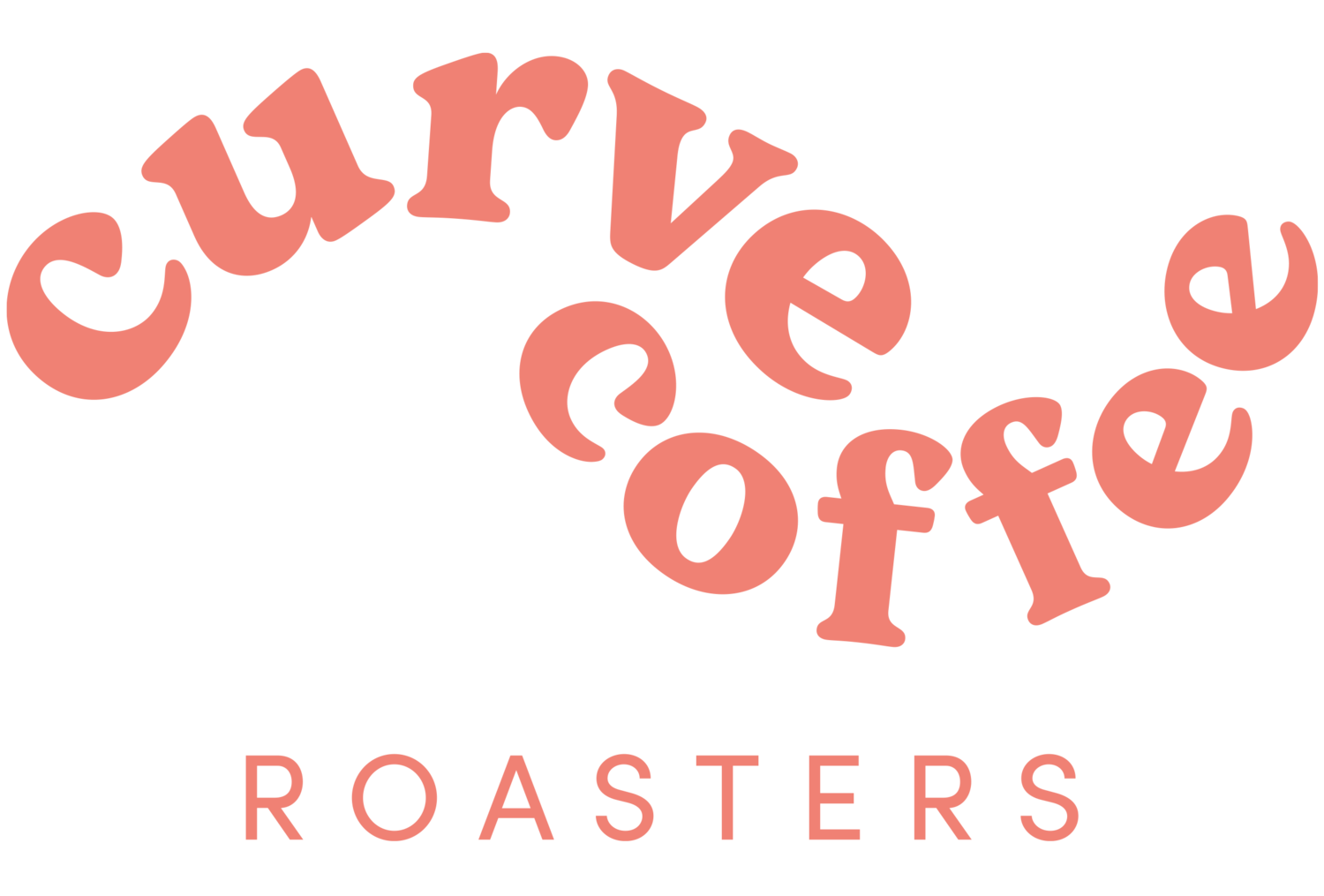Feature filter : Kii AB | Kenya
Key Origin Info:
Producer: Small-holders farmers of the Rungeto Farmers Cooperative Society
Processed at: Karimiki washing station
Region: Kirinyaga
Altitude: 1700 - 1900 masl
Variety: SL28 & SL34
Process: Sorted, de-pulped, fermented and washed, soaked in clean water and dried on raised beds
Exporter: Rungeto Farmers Coop Society | Importer: Falcon Speciality
Cup profile: Juicy body, blackcurrant & honey
More about Karimikui and the Rungeto Cooperative:
The Kirimikui washing station, or factory as they are commonly referred to in Kenya, is located in Ngairiama in the Gichugu division of Kirinyaga district in the Central Province of Kenya. It is one of 3 factories, along with Kiangoi and Karimikui, which make up the Rungeto Farmers Cooperative Society.
The Rungeto Farmers Coop was formed in 1997, following a reorganization of the Ngiriama Cooperative. Today it has approximately 850 members who farm rich, loamy clay soil between 1,600 and 1,900 meters above sea level.
Strict attention is paid to cherry selection, with the cherries being meticulously handpicked and sorted to ensure only the ripest ones are used in production. Initially, a disk depulper efficiently removes the skin and mucilage. The beans are then carefully classified based on density and undergo a controlled fermentation process lasting between 16 to 24 hours under shaded conditions. After completing the fermentation, the beans undergo thorough washing and are once again classified by density before being soaked in clean water for a period of 16 to 18 hours.
The next step in the process involves sun drying the beans on hessian beds for approximately 20 days. These specialized beds, made of cloth, facilitate proper air circulation beneath the beans, preventing undesirable fermentation. The beans are carefully covered during midday and overnight to shield them from external elements. Once the parchment is meticulously removed, the beans are sorted by size and then vacuum-packed to maintain their freshness.
As with all our Kenyan offerings, this lot has been sourced with the help of our key importing partner Falcon Speciality. Falcon's approach to sourcing in Kenya optimises purchasing through the traditional auction system with the help of a local representative and make the supply chain more efficient.
We have purchased and loved this coffee a few years back and are very excited to welcome it to the roastery again this season.
A little bit of further insight into coffee sourcing in Kenya and its future from our importing partner Falcon Speciality
The vast majority of the coffee bought and sold in Kenya is traded through the national auction system, where marketing agents enter cooperatives' and estates’ coffee and traders come to bid. The main buyers from this auction system are large multinationals, who then offer the lots to importers and roasters. Unfortunately, this has been the only way to purchase Kenyan coffee for a long time and we’ve become frustrated with the lack of transparency, poor service and price volatility. In the last couple of years we have started buying directly from the auction using a local Kenyan company, who bid on the coffee on our behalf, after we have cupped through auction samples filtered by a local cupper. This was not only a conscious decision to support local, Kenyan businesses, but also to make the supply chain more efficient. This is intended to be the first part of a plan to work on the transparency limitations in Kenya and ultimately the goal is to avoid using the auction system at all, by working directly with farmers’ associations, cooperatives and small estates, and not through a marketing agent.


